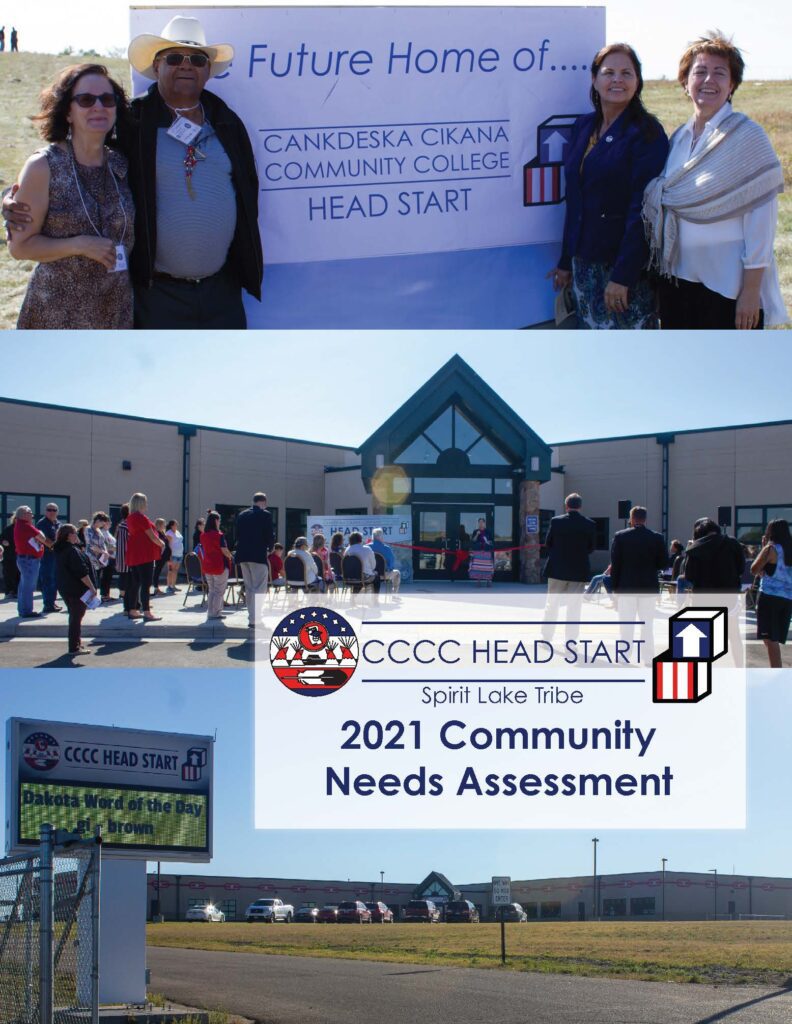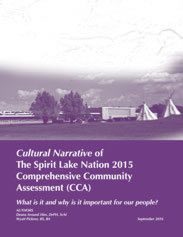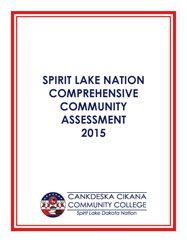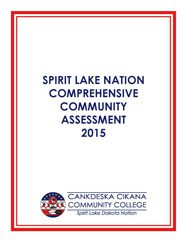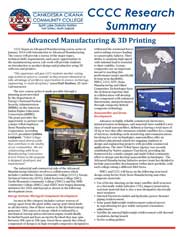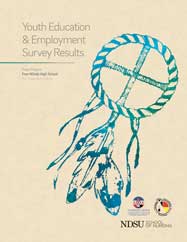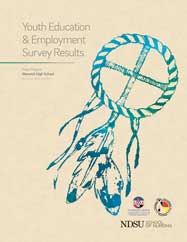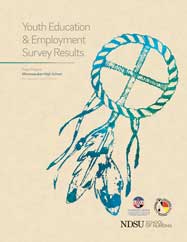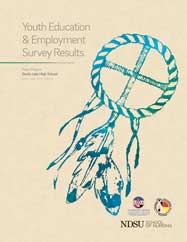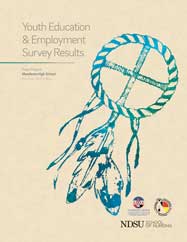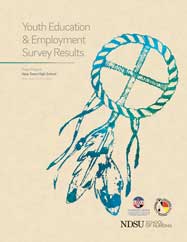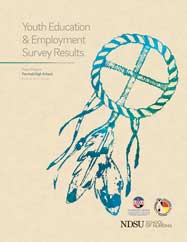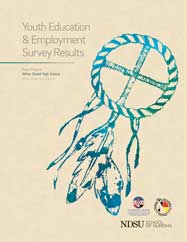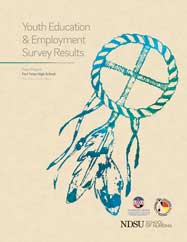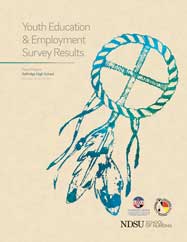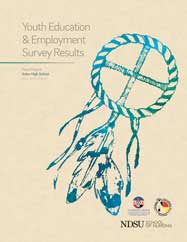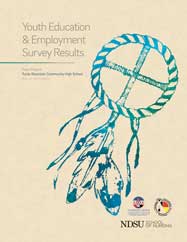Research at CCCC

Currently research at CCCC in the biology area is based on the expression bladder cancer biomarkers. Students learn advanced techniques including digital polymerase chain reaction, how to isolate messenger RNA, create complementary DNA from that isolated mRNA, and western blotting techniques for protein detection. Students learn all these techniques in the pursuits of novel research interests in collaboration with the University of North Dakota School of Health and Medical Sciences.
Institutional Review Board
CCCC has an Institutional Review Board (IRB) that is led by faculty and who are responsible for the review of all research involving human subjects on the college campus. The purpose of the IRB is to make sure that research conducted at CCCC is ethical and that no research causes undue harm to participants. CCCC supports and encourages research as the foundation for academic and institutional improvement as well as an opportunity for students to address problem solving for the community.
Breast Cancer Research at CCCC
The Spirit Lake Comprehensive Community Assessment
Education and Employment Hope (Self-Reliance) Assessment of High School Juniors and Seniors on ND American Indian Reservations.
Data from the Hope survey provides information about students’ self confidence in reaching their goals, their sources of support, and their perceptions of possible barriers to future education and employment. These survey results add to the understanding about students’ perceived “self-reliance,” and the degree to which they feel confident to make choices, take action and take charge of their lives.
North Dakota State University School of Nursing (NDSU SON), in collaboration with Cankdeska Cikana Community College (CCCC) Next Steps Program, applied for and received one of the five University Partnership Research Grants for Health Professional Opportunity Grants (#90PH0019). This grant was a multi-pronged evaluation of the Next Steps Program and focused on projects relevant to career pathways in the health professions, including education and training services for tribal communities to overcome barriers to higher education and employment.

